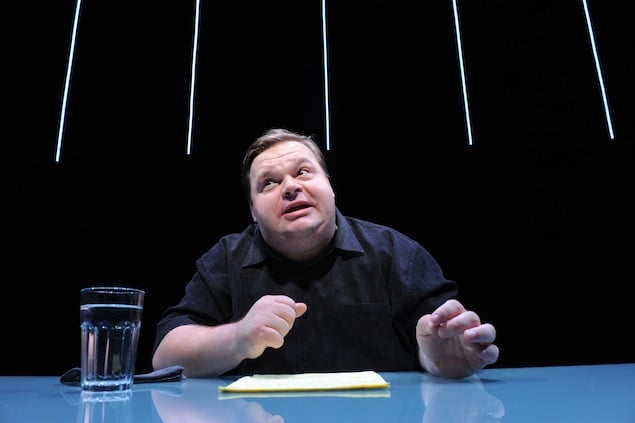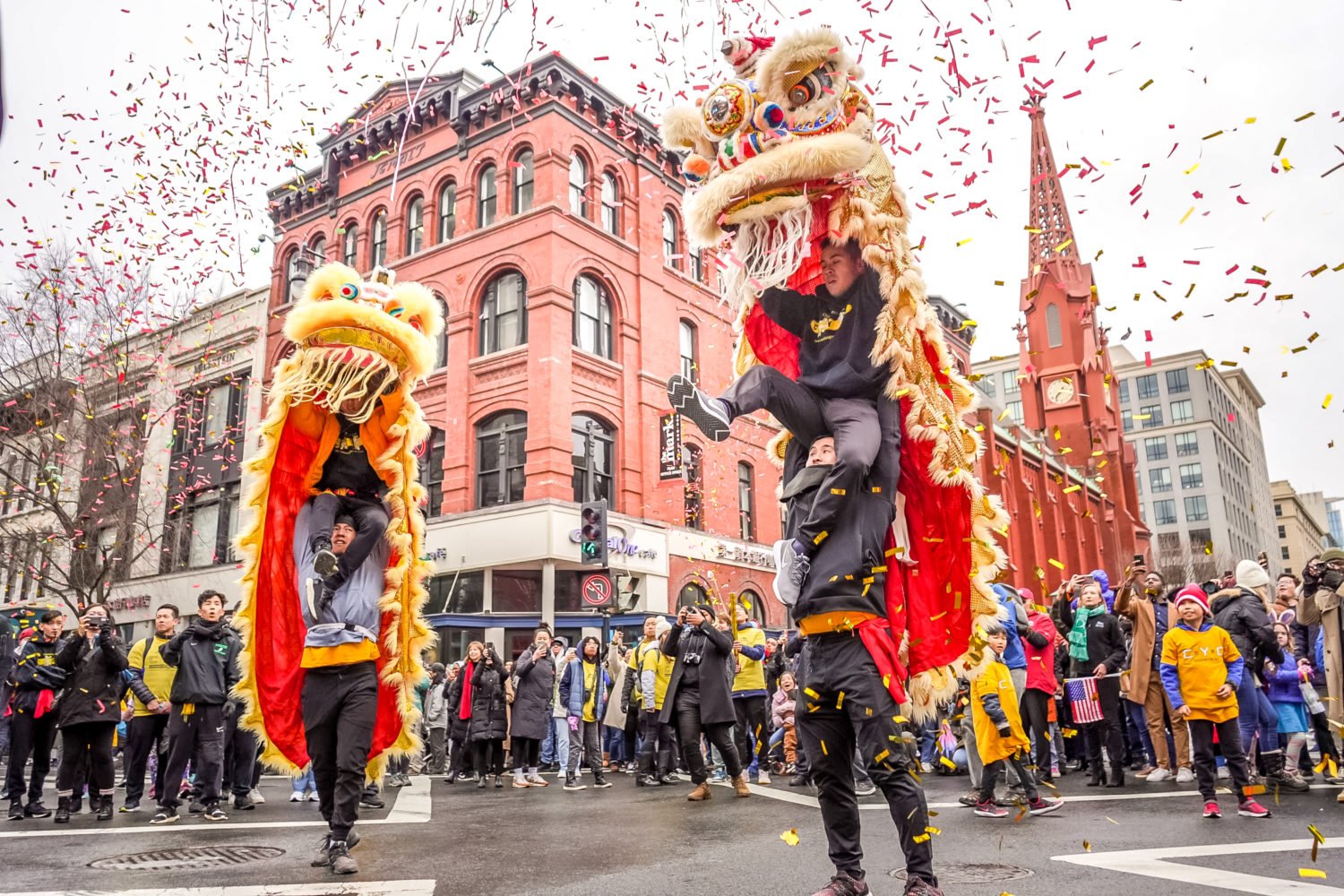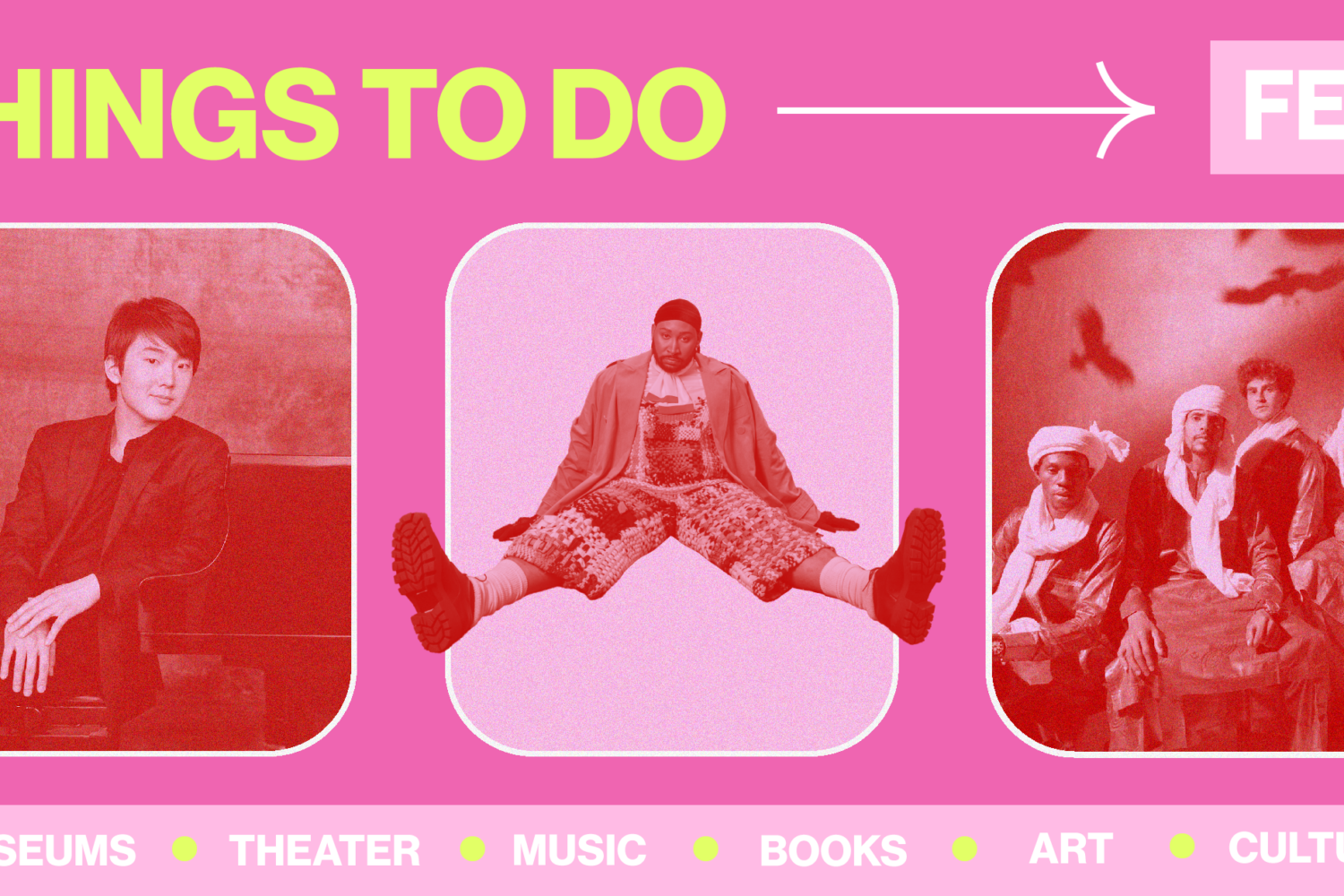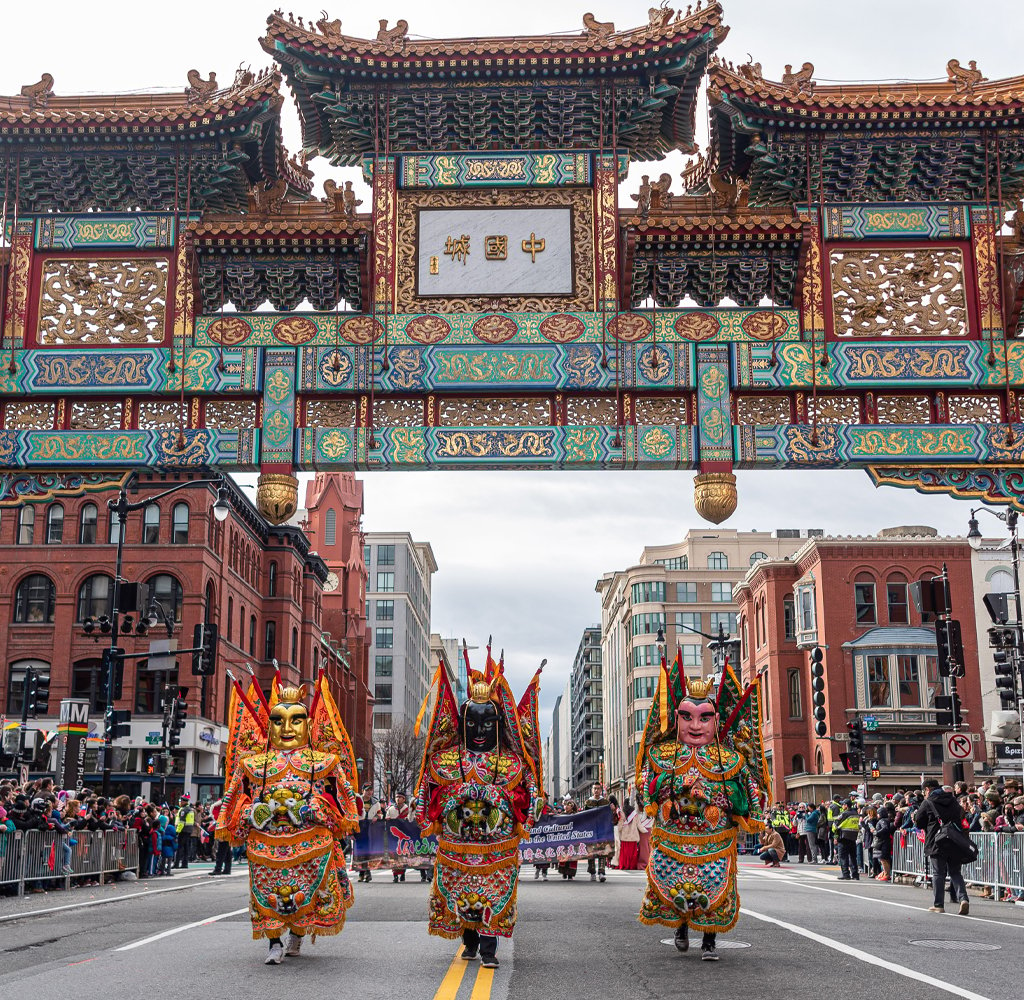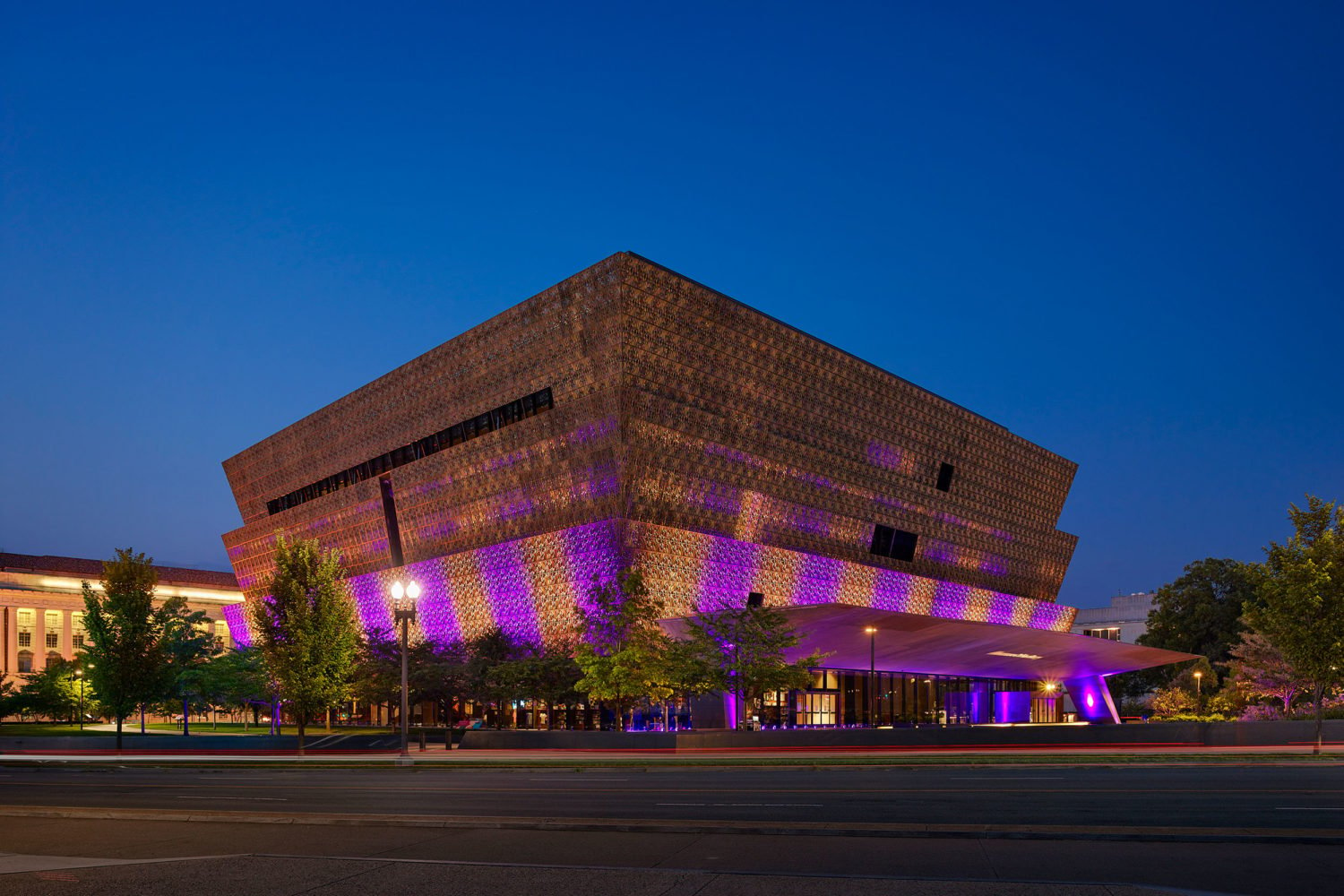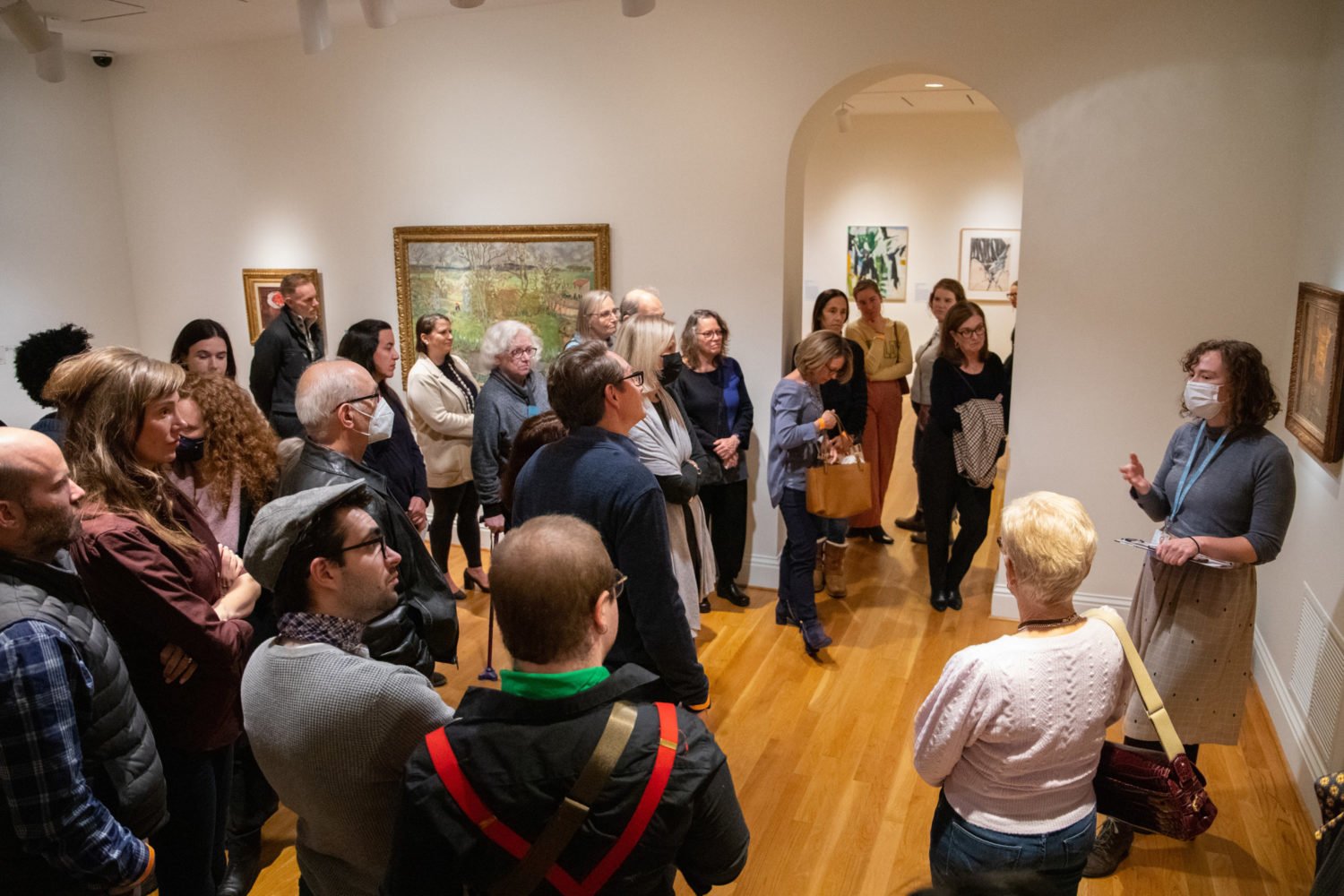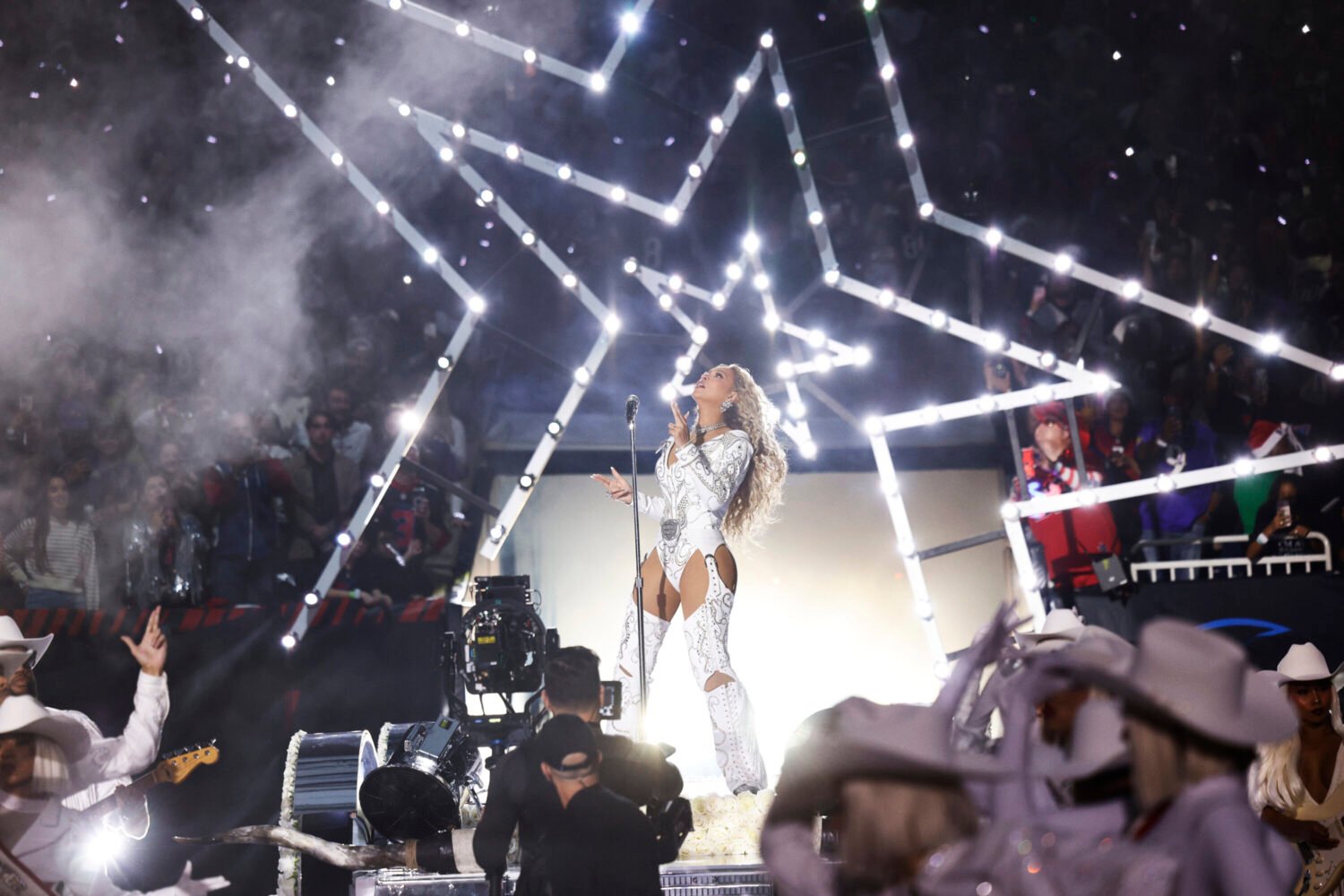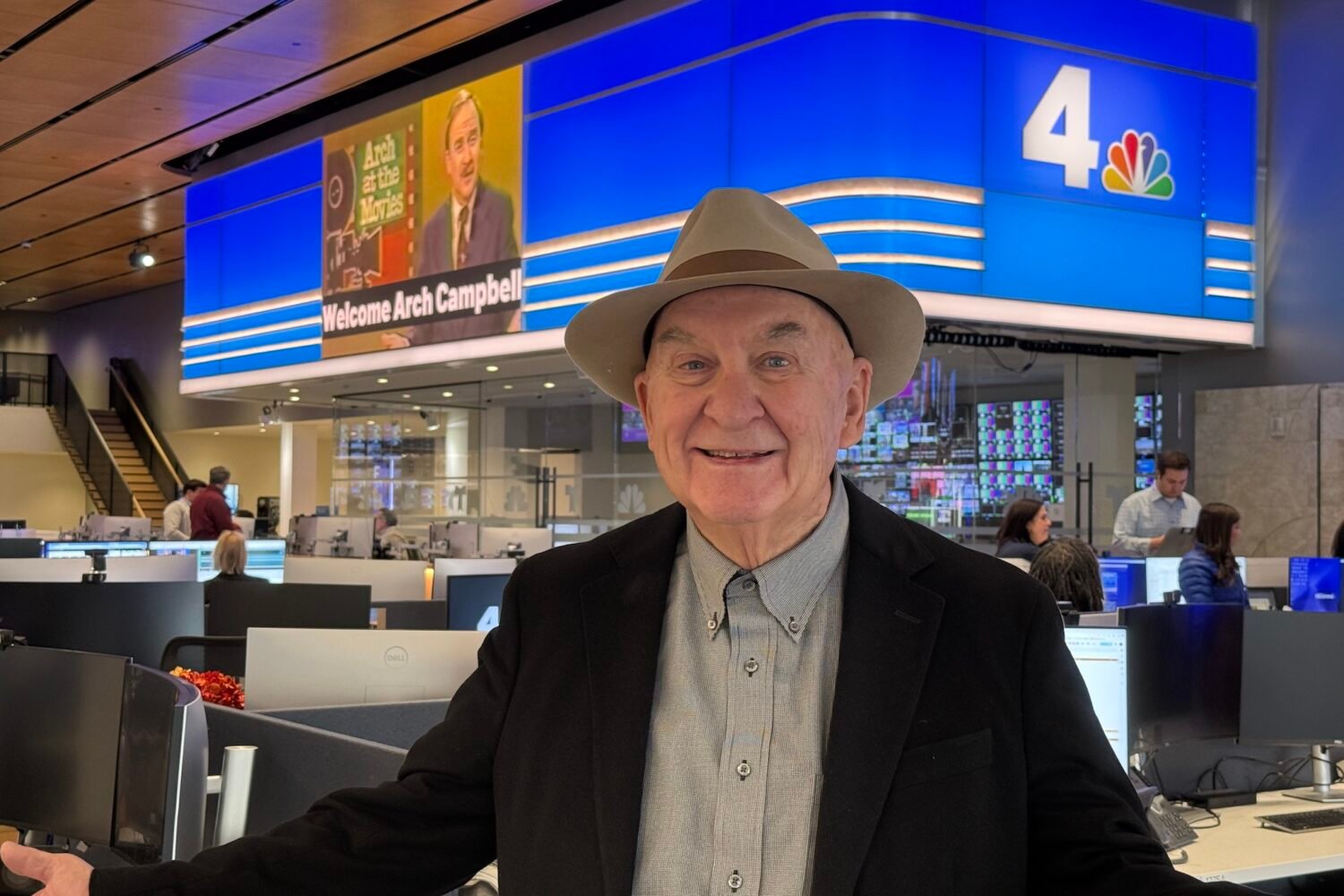
If there really is no such thing as bad publicity, then
Mike Daisey is the luckiest man in theater. His show
The Agony and the Ecstasy of Steve Jobs—currently playing an encore run at Woolly Mammoth through August 5—debuted to extraordinary
fanfare in Washington and New York before imploding spectacularly in March when PRI’s
This American Life (which had aired portions of the show in a one-hour special) revealed Daisey had
plucked certain parts of it out of thin air.
Daisey was vilified by the press for having insisted his show was nonfiction. He was
bullish at first, but then apologized after a few days and has mostly continued to
do so ever since. But apologizing, it should be noted, is something Daisey does in
his own unique way, and the show’s current incarnation can be seen as an odd fusion
of mea culpa and bravado: Not once does he refer directly to the scandal, although
his nudge-nudge-wink-wink tone is palpable throughout. “I am a noted fabulist,” he
tells the audience, before going on to explain how the lie he’s just told us isn’t
actually a lie at all.
Daisey, as all good storytellers are, is a man in love with his own narrative, and
his emphasis that his is the only correct way to see the world is as relentless and
unapologetic as it’s ever been. “I have a disgusting amount of control over the narrative,”
he confesses, and he isn’t kidding. In fact, since portions of the show have been
altered and a new conclusion added, Wednesday night’s production came in at almost
two hours without an intermission, which is a long time for an audience to listen
to a monologue. Toward the end, it’s hard not to wish for someone to come in and wrestle
some of the control from Daisey’s hands (his longtime director is also his wife,
Jean-Michele Gregory).
Agony/Ecstasy is all about making us uncomfortable, and most elements of the show—from the blinding
LED lights shifting behind Daisey to his occasional slamming of his water glass onto
the table—accomplish that mission pretty nicely. Within the first few minutes, as
Daisey talks about the “mall of iniquity” he visited in Hong Kong in order to try
to get his iPhone unlocked, his tone flits between calm and furious so frequently
that it feels distinctly forced. Daisey’s real gift, however, is humor, and his impressions
of
Steve Wozniak downing gallons of Mountain Dew like “an autistic bear” and the ugly sound of a dot-matrix
printer are undeniably gleeful.
But without the most caustic elements of his previous narrative—the stories of 13-year-old
Foxconn workers, guards with guns, and a man with a crippled hand gazing at an iPad
with wonder (in other words, the anecdotes he made up)—the show’s impact just isn’t
as searing anymore. And toward the conclusion of the show, when the LED lights form
around him like some kind of halo, his urgency smacks of desperation. “Tonight, we
are free,” he tells us, in some kind of
Matrix-like red-pill/blue-pill moment. But are we really? Daisey isn’t asking us to stop
using Apple products. He isn’t even asking us to write letters to
Steve Jobs (the show doesn’t acknowledge at any point that Jobs has died), or to become activists.
What he is compelling us to do is to continue paying money to see his show, and to
keep buying into the cult of Mike Daisey. And considering that the show offers neither
contrition nor acknowledgment of what happened earlier this year, that’s a lot to
ask.
The Agony and the Ecstasy of Steve Jobs is at Woolly Mammoth through August 5. Running time is about two hours, with no intermission. Tickets ($40 to $67.50) are available via Woolly Mammoth’s website.

